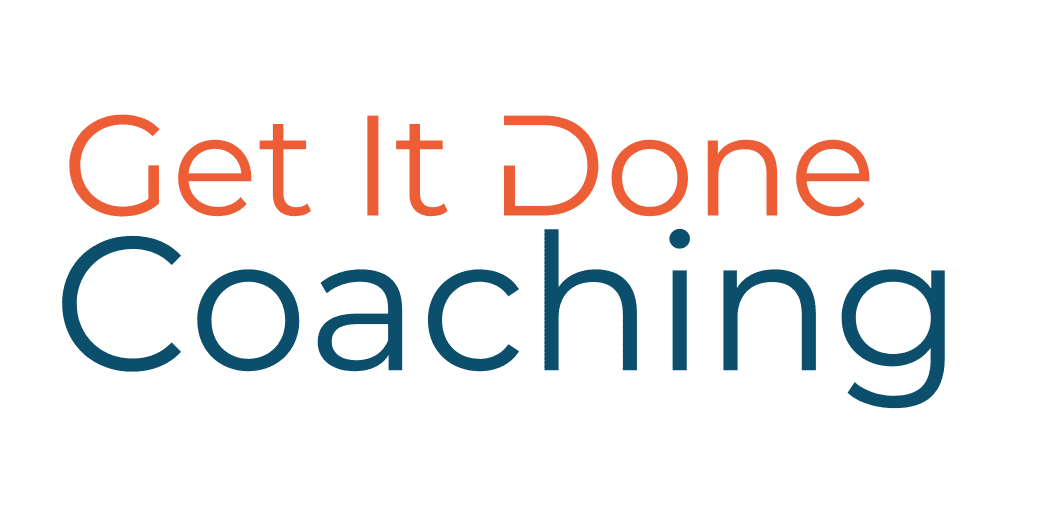You might be wondering why I chose this topic if my audience is new coaches or coaches-to-be.
The main reason is it’s too late to draft your prenup when you are thinking about divorce. So, it’s a really good idea to determine when it’s time to quit before you even start your new coaching biz.
The second reason is that people often talk about how difficult it is to start a project, a business, or a new career. And not that much on how difficult it is to quit one. Mainly because quitting is associated with failure and has a stigma. That should be changed.
Finally, I am considering quitting one of my current projects. For that selfish reason, I want to get to the bottom of the question:
Is this the smart move, or is it a sign of weakness?
As it happens with most questions, the answer is - it depends!
I love quotes.
I really do.
And here is the one I used to love:
"Winners Never Quit & Quitters Never Win" – Vince Lombardi.
Vincent might be one of the greatest football coaches out there. But this quote is simply bad advice. Seth Goin puts it bluntly:
Winners quit all the time. They just quit the right stuff at the right time.
If we trust Seth, and I tend to do so, we cannot see this as black-and-white, right or wrong. We need to look deeper into this matter:
Believe it or not, quitting is often a great strategy, a smart way to manage your life and your career. Sometimes, though, quitting is exactly the wrong thing to do. It turns out that there’s a pretty simple way to tell the difference.
All right, Seth, I believe you. Now, tell us all about it.
Three questions to ask
Here are the three questions that Seth offers to us in his book The Dip, all about quitting, to determine when it’s time to quit and when it’s not:
1. Am I panicking?
Every project or business goes through the dip:
- a phase when you’re unsure if it’s going to work
- a phase when you hardly see results of your efforts
But because this is a natural phase in every project life cycle it is obviously not a good reason to quit. On the contrary, it is when the majority of your competition is going to quit. Let’s look at the stats, shall we?
”90% of podcasts don’t get past episode 3.”
You might be asking, why so soon?
I think the next two questions will answer that question.
2. What sort of measurable progress am I making?
We often hugely underestimate the effort required and overestimate how quickly we are going to get the result. So, before deciding to quit because we feel “stuck,” it makes sense to do a reality check to assess the progress with someone outside. As Seth notes, the progress might be subtle, and the KPIs might need to be adjusted to capture it properly.
Again, here are the stats:
”It takes content creators an average of six and a half months to earn their first dollar.”
3. Who am I trying to influence?
I think it’s the hardest one to grasp. Basically, you must accept the fact that you are looking for a needle in a haystack. Obviously, it will take some time. And the majority of your interactions will be unsuccessful. But it’s not an indication that what you do is worthless or you are worthless. It means, often, you need to keep digging.
I like to view it as a lottery win calculation by Jerry Selbee, who just figured it out.
All this is - a numbers game.
The last words!
Everyone gets to say their last words—even guys on their death row.
Nathan Barry - the fonder of Convertkit - says that the following two questions should help you make the decision:
- Do you still want it as much as you did when you started?
It’s natural for the initial motivation and excitement to wear out. That is why the stats are against you. But the question is, if you imagine yourself doing great (one year, three years, five years out), would that be something you enjoy doing daily?
Here is the thing: when people embark on a path, career, or business, they do not realize what it takes on a day-to-day basis. So quitting is okay if this is not what you want to do long-term. However, it is not okay to quit just because there is no result yet.
- Have you given this company or product your best possible effort to make it succeed?
This is a moment of truth: have you tried hard enough? Did you give it all in terms of resources: time, attention, and money? If not, how can you tell that it’s time to quit? Maybe it’s time to reconsider how you allocate those resources and try one more time.
Shut down or double down?
This is an amazing question from Nathan Barry. 'Cause I don’t think there’s a middle option here.
It will only keep on building dissatisfaction, disappointment, and frustration.
If you think it might be time to quit, then you really have those two options.
I am doubling down next month on my project.
I am also setting some boundaries (benchmarks) on when to quit.
Let’s see how that goes.
Actions for this week
- Is there a project (a job, a friend, or any other situation) where you're thinking of quitting?
- If so, go through the above questions and make a decision today.
Let me know if this was helpful. Or not. What are the other questions you have in mind?
Until next Sunday.
Stay awesome,
Lidia
PS Want to talk? Book a 30-minute discovery call to see how I can help you build a thriving coaching business.
